It’s World Milk Day on 1st June across the globe, which is a day established by the Food and Agriculture Organisation of the United Nations, recognising dairy milk as an important global food.
There are many of us who can’t tolerate dairy or don’t want it in our diet. However, there are many other options such as plant-based milks, or milk from other animals.
Clinical Nutritionist Suzie Sawyer takes a closer look at milk in its many forms.
Few foods are more nourishing than milk, hence it’s importance in our health from birth. Obviously, breast milk is very different from cow’s milk, but most children have cow’s milk at some stage of their development.
The nutritional benefits of dairy
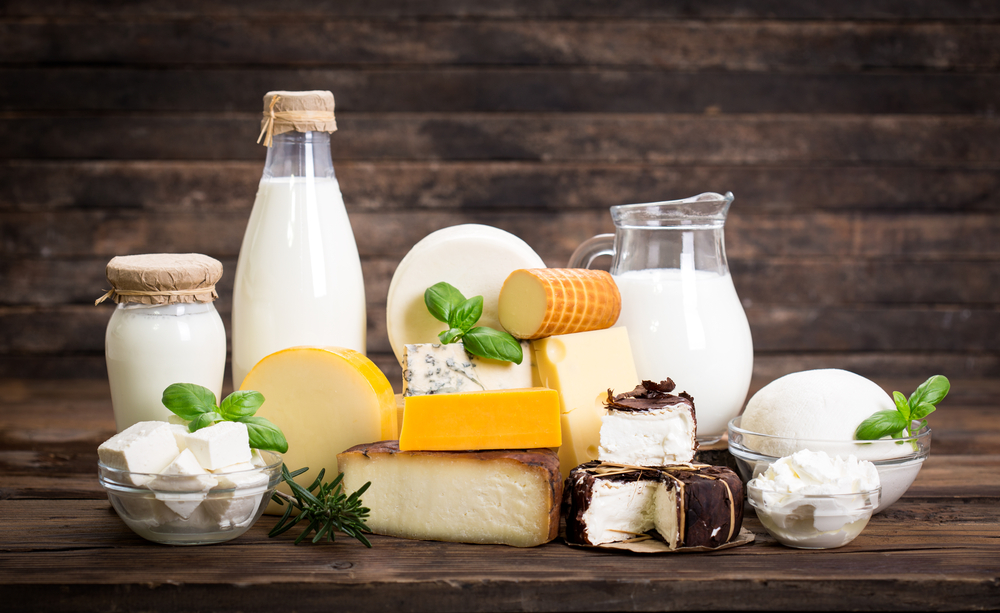
Milk (and its related products such as cheese and yoghurt) are high in protein and absorbable calcium, essential for the bones. It contains a wide range of nutrients including plenty of B vitamins, particularly B12, which is only found in animal produce and is essential for the nervous system. It also contains zinc which helps support the immune system and phosphorus which supports our bones. It’s very important to get sufficient calcium into the developing bone structure from birth and through adolescence, as low intake can be a factor in osteoporosis in later life.
Interestingly, skimmed milk contains less than half the calories than whole milk, but retains most of the nutrients, and even has higher levels of B vitamins and some minerals.
However, some of us, and even babies, can’t tolerate dairy produce and for others we may choose not to have it in our diet.
So, what are the alternatives?
Goat’s milk

Clearly not a contender for vegans, but goat’s milk is often given to babies who can’t tolerate dairy. It is nutritionally similar to cow’s milk but seems to be much kinder on the digestive system and lighter on the stomach.
Some people, especially eczema sufferers, find that switching to goat’s milk is beneficial for their symptoms. This is because milk can create inflammation in some people, which manifests itself in skin conditions. This is also the case for asthma sufferers; dairy may promote mucous production which is clearly not helpful for the condition.
Plant-based milks
The plant-based milk industry is booming. In addition to the well-known soy, hazelnut, oat, rice, almond and cashew milks, there are now options from potatoes, pistachios, hemp, macadamia and more. But what should you go for?
Soy Milk
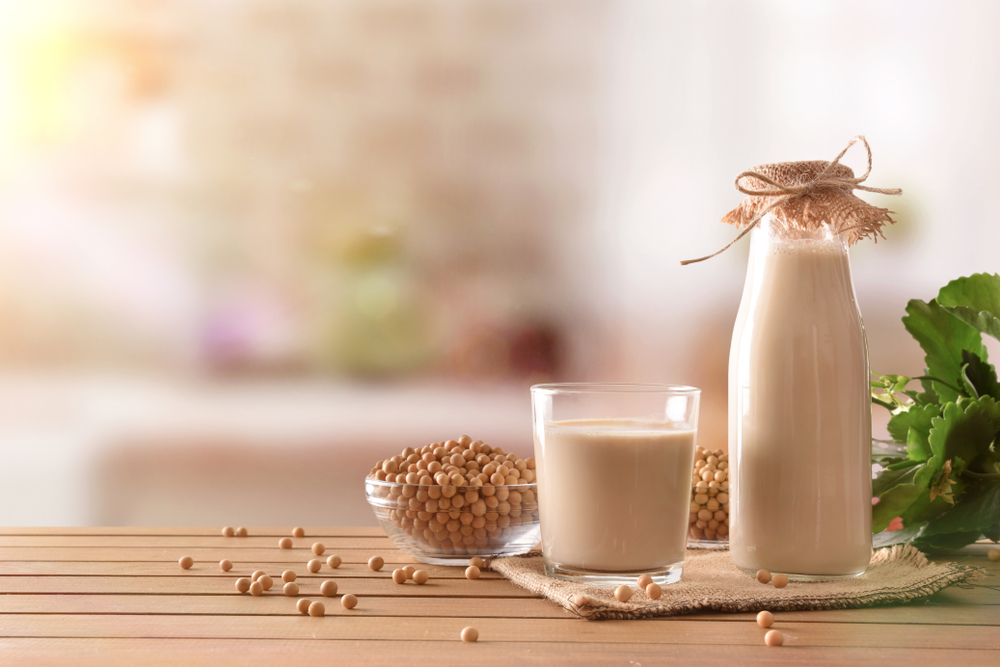
Essentially, soy milk is higher in protein than other plant milks (around 7g per 100 grams) as opposed to oat at around 4 grams. Soy also naturally contains calcium and a wealth of other nutrients, so it’s a good dairy alternative. However, soy is also a major allergen so can’t be tolerated by many. And it’s not suitable for babies and children because soy contains phytoestrogens, plant oestrogens that have a hormonal effect. This is great for balancing hormones in women going through menopause, but clearly not a good thing for children.
Oat Milk
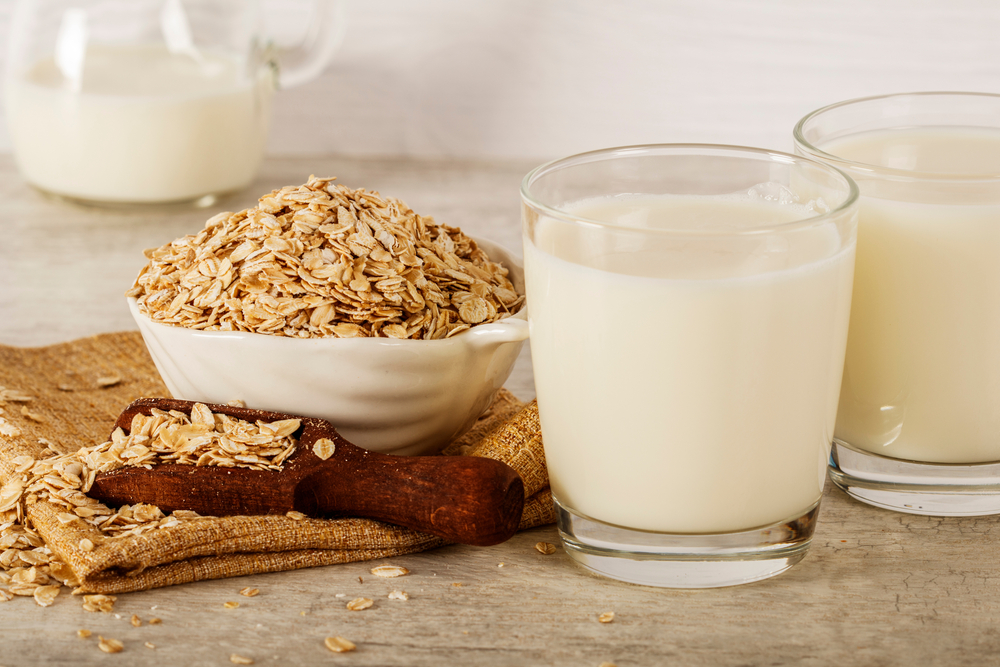
Oat milk is certainly a popular option for many and there are also gluten-free oat alternatives. It’s probably worth looking for fat-free options which have less calories without loss to protein and fibre.
Hemp Milk
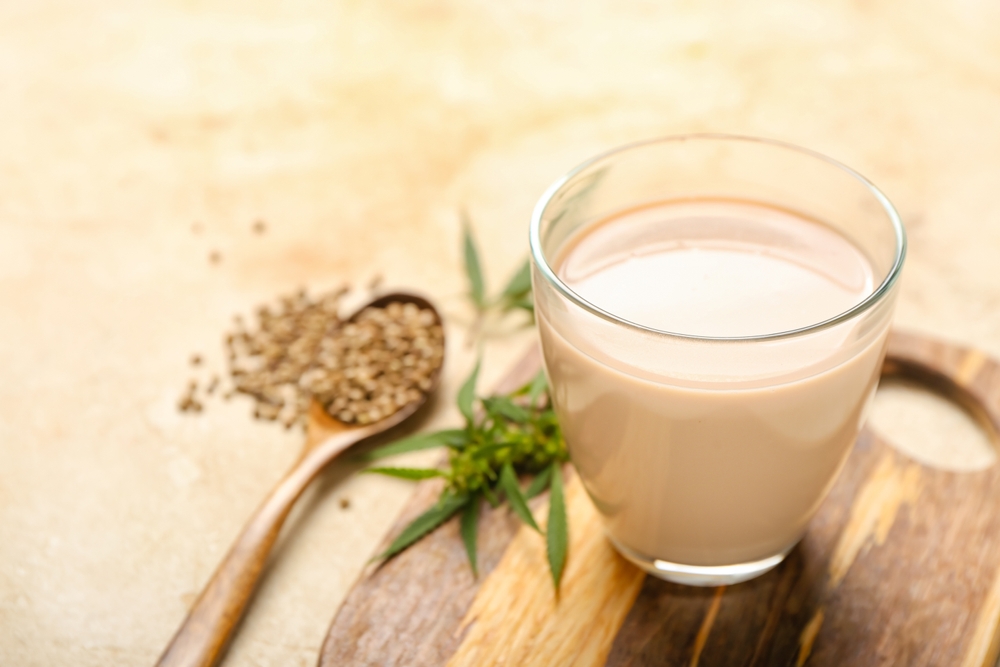
Hemp milk is another good option, and many are fortified with calcium. It does naturally contain magnesium, iron (cow’s milk contains no iron), vitamin D, and potassium. If you like a nutty taste, that’s not as sweet as rice or oat, then give it a try.
Other nut milks
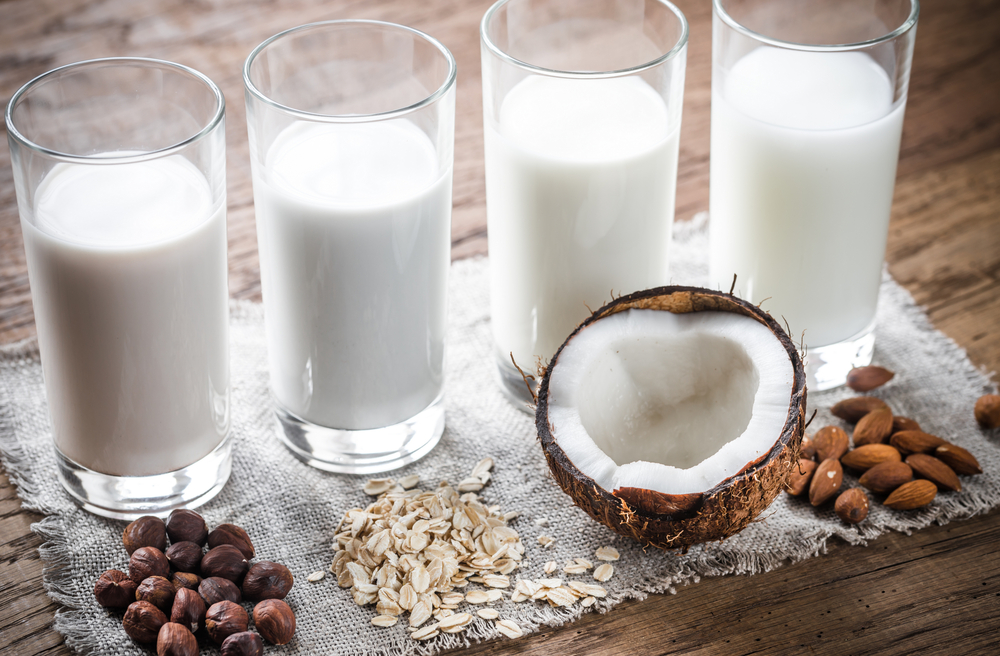
Other nut milks include hazelnut, which is lower in protein and higher in fat, although the good monounsaturated kind. Coconut again is higher in fat but good for energy production. Almond, which is often enriched with calcium and vitamin D, is naturally lower in calories. This of course is not an extensive list but as you can see there are many choices on offer depending on the flavour you may prefer and the nutrient profiles.

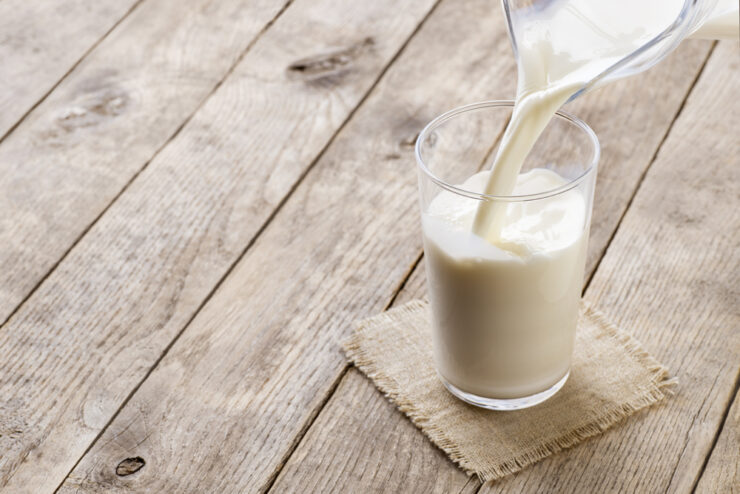






















Add comment